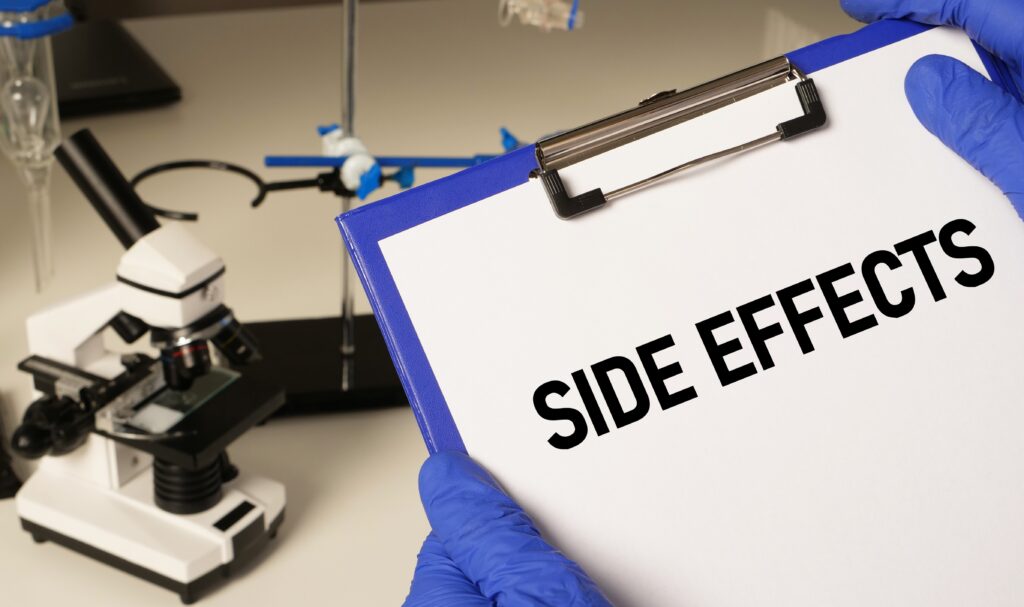A nuclear stress test is a highly valuable diagnostic tool used by cardiologists to assess how well blood flows to the heart muscle both at rest and under stress. It is particularly useful for identifying conditions like coronary artery disease and evaluating the severity of existing heart conditions. During this test, a safe, low-dose radioactive tracer is injected into your bloodstream, and a special camera takes images to track blood flow and detect any irregularities.
While a nuclear stress test is generally considered very safe and is performed routinely in many cardiology clinics, patients should still be informed about the possible side effects and what to expect during and after the procedure. Understanding these potential side effects—such as mild nausea, dizziness, or shortness of breath—can help you feel more prepared and confident about undergoing the test. For anyone experiencing unexplained chest pain, fatigue, or other symptoms of heart problems, scheduling a nuclear stress test with an experienced cardiologist is a proactive step toward protecting your heart health. Get expert guidance and care by consulting with the best cardiologists in Brooklyn today.
Nuclear Stress Test Side effects
While nuclear stress tests are generally safe, some common side effects can be headaches or feeling flushed. Other possible side effects may include:
- Chest pain
- Dizziness
- Nausea
- Heart rate changes
- Shortness of breath
Rarely, some people develop an allergy to the tracer used during the test. Two drugs are used for nuclear stress tests – regadenoson (Lexiscan) and adenosine (Adenoscan). These two may carry a rare risk of heart attack and sudden death. Doctors use these drugs to stimulate exercise in people who aren’t able to do so. These drugs increase the blood flow to identify blockages, causing blood to flow more effectively to unobstructed areas and leaving the problematic areas without blood. It is very rare, but they can cause a heart attack. That’s why doctors don’t give these drugs to people with unstable angina or other cardiac instability.
You shouldn’t have a nuclear stress test if you have certain conditions that are severe or unmanageable, like:
- Angina
- Aortic dissection
- Aortic stenosis
- Arrhythmia
- Congestive heart failure
- Heart infection
- Pulmonary hypertension
- Pulmonary embolism
Precautions to take after nuclear stress test
After the test, your body has a small amount of radiation exposure for a short period. Regular hand washing can help to decrease radiation exposure to surrounding people. Taking a shower also helps. You should avoid close interactions with children and babies for 1 to 2 days after a nuclear stress test.
If you’re nursing, you should save or freeze extra milk leading up to the test. After the test, you should continue to pump to maintain lactation, but either throw the milk or freeze it for 30 days (about 4 weeks) to ensure that milk doesn’t pass radioactive elements. Normal nursing can resume after 4 days. If you have concerns, you can ask the facility to perform a test to check the safety of the milk sample.
How can you detox?
During a nuclear stress test, the doctor administers several radioactive tracers to the body. The two most common tracers are thallium-201 (TI-201) and technetium-99 (Tc-99, or 99mTc). These tracers usually leave the body through urine and stool within hours or a few days. You can encourage this process to happen faster by drinking plenty of fluids after your nuclear stress test. You should drink at least 2 liters of water every day.
Besides that, radioactive tracer also leaves the body naturally with the help of a process, called radioactive decay. This occurs because they are designed in a way where the elements decay into different elements that are no longer radioactive. The amount of time a radioactive tracer takes to decay is called half-life. TI-201 can take up to 3 days, whereas Tc-99 can take about 6 hours. Your doctor will tell you how long the specific tracer that was administered to you will take to eliminate from your body.
When to seek help?
Generally, nuclear stress tests are safe or cause minimal side effects that are manageable. Most people start their normal activity immediately after their test. If you are experiencing some symptoms or the doctor didn’t guide you on how to manage them, you can talk with your doctor.
If you experience severe symptoms such as chest pain or difficulty breathing, you should immediately contact a medical facility or call 911 or reach the nearest emergency room right away.
Nuclear stress tests are generally safe. You may experience some minor symptoms or side effects that will pass over time. If your symptoms don’t improve or get worse, call the doctor.
If you still have a doubt about nuclear stress test, call us to get a consultation from the cardiology team. For proper checkups or professional consultations, visit our cardiology clinic in Brooklyn to keep your heart healthy!!! For any cardiovascular problems, call us on +1-718-367-2555. The Cardiologists at Doral Health & Wellness consistently have outstanding patient satisfaction ratings. The professionals at Doral Health & Wellness Cardiology Brooklyn can improve your health and quality of life because of their vast training and experience. New Yorkers can get the greatest medical, surgical, and cardiovascular care at Doral Health & Wellness Brooklyn. Visit us at 1797 Pitkin Avenue, Brooklyn, NY 11212.







